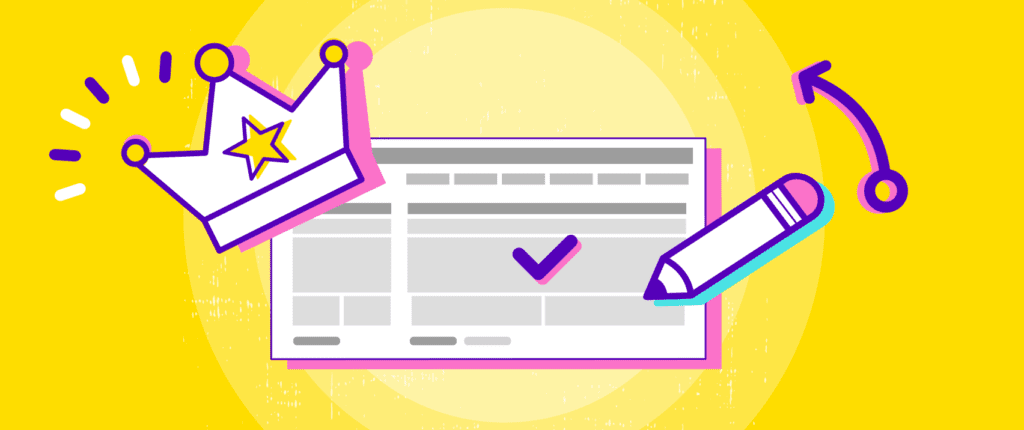
A web project starts with understanding your business objectives. And that means understanding what you want to say. And then converting that to something understandable by your clients.
Content Strategy at the Web Agency
Strategy first
Not only improving your SEO, Content strategy helps us to guide clients to simplifying their message so that users make lucide and quick choices to reaching their goals – which when coincide with the organization’s goals we have a positive user experience and a return on investment.
In the B2B and e-commerce world we spend our time attempting to convince and convert our potential customers. But building a web platform has too many factors to come up with the perfect message and perfect call to action without proper strategy.

How do we get, on the web, user expectations and business objectives to coincide? Product catalogs, services to present, whatever your business, this is where content strategy creates value.
Content strategy will align your business objectives with the needs of your customers. Content strategy will help both you and your customers speak the same language and understand each other. Content strategy is a very specific discipline and approach that attempts to structure your content and give subject matter experts the responsibility to govern and maintain that content.
User scenarios
Several methods exist but one that we do at WS involves user scenarios.
Often, you’ll hear about personas to help identify the type of user. This is definitely a first step in deciding where you want your users to go and what you want them to accomplish. To succeed, as evident as it sounds, you need to know about your users. For us, it’s not so much the details of who they are rather the question we ask is why are users on your site.
- How did they get on your site: a search term, a second visit, a referral, an advertisement. Each channel is a form of visibility that could result in a very different user need. Write down those beginning steps.
- What is their motivation: finding information, buying a product, or anything of value. For each motivation the scenario should define the quickest and most logical path to guide them.
- What is the reward: users will share your site if they’ve been properly rewarded for their efforts: fast, easy to use, price-sensitive, or any other user need that matches your offer.
This information can be gathered using data from your current site, but also from directly talking to a sample of customers. Generally speaking we can know what our customers want in the simplest sense of the idea. But we are often faced with conflicting interests within ones own organization.

What motivates users?
Once you know why they come, we want to look at what motivates users to go from one link to the next, or just to keep reading. The navigation scenario is a big part of the structuration. If a user came for a specific service or product, then that service or product should be very easy to find.
There are methods and debates devoted to this subject, but we get great results by holding a workshop and letting the subject matter experts discuss the most important issues that users are looking to achieve.
In many situations a good way to discuss it is to put point A on one end and the desired end result on the other end of a whiteboard. Then ask the members how should such and such user (cf your personas) go about getting to the end result.
This allows you to discuss the intermediate pages and content each particular user or profile will need to read, hypothetically, to get to the final destination. Further, you begin to spot the user patterns and can bring certain content higher up in the structure that was perhaps buried too deep.
You cannot please all users nor all the subject matter experts. But you can decide on probable user scenarios that meet most needs.
In this sense, user scenarios arrive before UX considerations. The design process comes into play once the content issues are resolved and there is a clear hierarchy. Not clutter.
The reward for the web agency
Lastly, the reward. Content strategy focuses on the long term benefits and therefore exposes the website not just to one user scenario but to reinforcing ways to generate loyalty and ambassadorship.
Content plays a valuable role on social media, mailing campaigns, and other marketing tools to bring users back to your web site. Therefore your website must be fresh and encourage users to read more content be it a blog or other interesting information.
Content Strategy Workshop: Want to improve your web content and increase your SEO visibility? WS Interactive proposes a content strategy workshop and content writing for startups and SMEs.